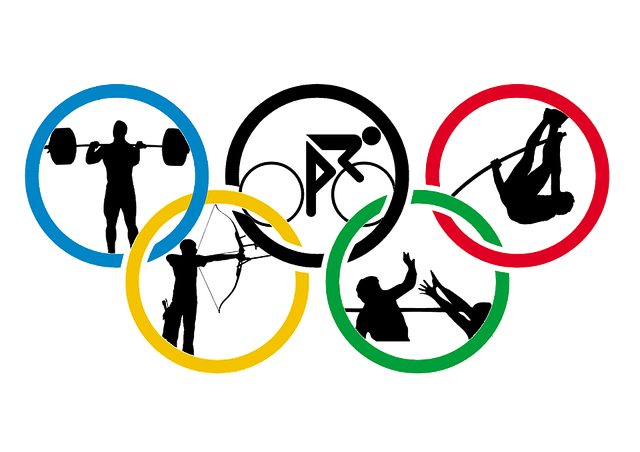It’s 2018 and two years and 7 months from now we will be celebrating the 2020 Olympic games, which for a second time will be held in the Japanese city of Tokyo. Olympic games are seen as a platform for athletes all around the world to showcase their talents and bring glory to their nations. So, why do we conduct the Olympic games? Do they have any sort of importance in our world? Let me answer these questions for you.

The Historical significance:
The Olympic games originated in Ancient Greece where different cities would send their representatives to different competitions. These events were mainly athletic but some did involve combat and chariot racing. These events were of religious significance as the events had their roots in rituals that honored the god Zeus. The events were held between intervals of 4 years and this period was known as Olympiad. The Olympiads were used as means to measure a time period. Winning these events meant recognition and money. The winners would be celebrated and idolized across Greece and they would also be immortalized through the form of statues and poems and songs that would be written and sung in their names. Some of the stories of such athletes are being talked about to this day. The Olympic game reached its peak in the 5th and 6th century BC after which the Romans exerted their dominance over the region and ended up killing the Olympiads around 400 AD. There were many attempts to revive the games around the 1700’s and 1800’s In England and France but these events were minor and not even fairly close to the scale at which the events are run today.
After this, during 1890 The IOC (International Olympic Association) was formed and aimed to revive the former glory of the Olympic games. The IOC brought about a framework for all the games. That led to The first Olympic games of the modern age being held in Athens in 1896. 14 countries participated and they took part in 43 events. The IOC then decided that the Olympic games would be best served if they rotated the venue internationally and with this in mind the second Olympic games were held in Paris. In 1912 the games got an overhaul and it was made sure that all athletes had a level playing field and this was also the time when the Olympic symbol with the intertwined rings, was formed. The overhaul and the symbol were all thanks to Pierre De Coubertin and it took him another 8 years to bring together the next Olympic games because of the outbreak of World War 1. The first Olympic games Under his leadership were conducted in 1920. This was the 3rd time the modern Olympics as we know it was conducted.
These were the events that led to the creation of the Olympic games as we know them today and overtime there have been minor changes made along the way such as rule changes and additions of more sports. In a way countries around the world are keeping an ancient tradition of competitive sport alive by taking part in the Olympic games and moreover the Olympic games are filled with a rich history of men and women overcoming their limits and coming out victorious. It is one of the few events in the world where a majority of the world’s nations come together to celebrate an event in a peaceful and harmonious manner. Olympic sports were brought back around the 1900’s to inspire the younger generations and to create a more peaceful world where countries did not wage wars but competed in sport in a healthy manner. The Olympics is the Stadium of Dreams and it is here to inspire the next generation.
Significance in today’s day and age:
Coming to today’s day and age, the Olympic Games are a platform that allows countries to show their prowess and as a way to reflect their superior capabilities. When countries like the US or China come out on top of the gold medal table at the Olympics, it showcases the superior capabilities of these countries to the world, at an international stage. The Olympics have also become a stage for political statements and a good example would be the time when John Carlos and Tommie Smith, two African American men, stood with black armbands in the 1968 Mexico Olympics after winning their track event. This is an iconic moment in sporting history that signified their protest against apartheid.
The hosting nations also get an opportunity to showcase their ability to the world and improve their infrastructure. London for example was known well for its central and western parts but was relatively lacking in the eastern side of the city and so, when London hosted the 2008 Olympics, they chose to construct the stadiums and other utilities required to run the event in East London, which then brought about development to the area. Also, when countries like China or Brazil host these glamourous events and pull them off without lapses it creates trust in these nations and their ability to do more. It gives such countries a spotlight on the global stage which then translates to more investments being poured into these countries. It is a great brand building exercise for those countries that host. Tourism also sees a spike when the events are held and sometimes even after the event has concluded. This creates revenue that sets off some of the expenses all the while creating a strong international image. The Olympics in the modern day has a political angle as much as it does a sporting angle.